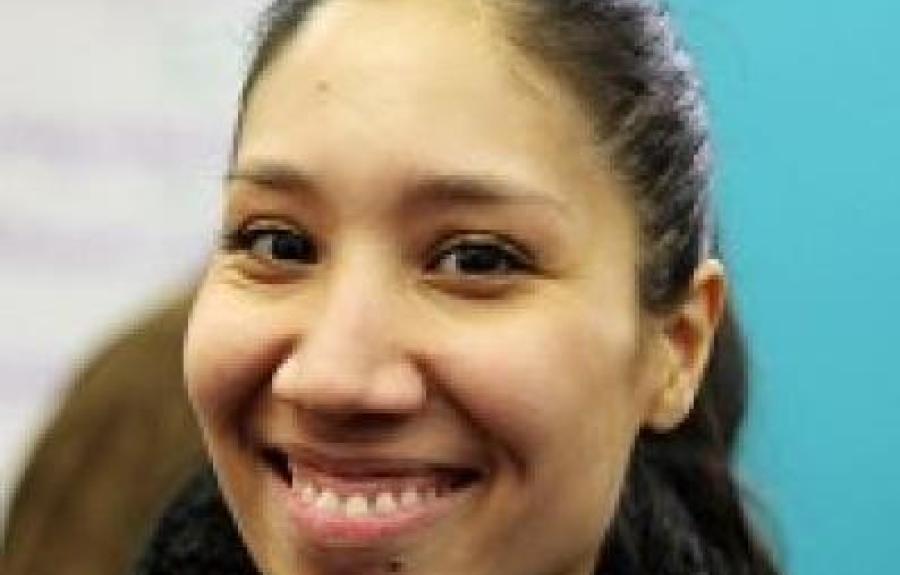
Charlotte Logan, Ph.D. '25, Accepts Provost Postdoctoral Fellowship at the University of Toronto
Charlotte Logan, Ph.D. '25, Accepts Provost Postdoctoral Fellowship at the University of Toronto
Read more Department Homepage
The College of Arts & Sciences
Department Homepage
The College of Arts & Sciences
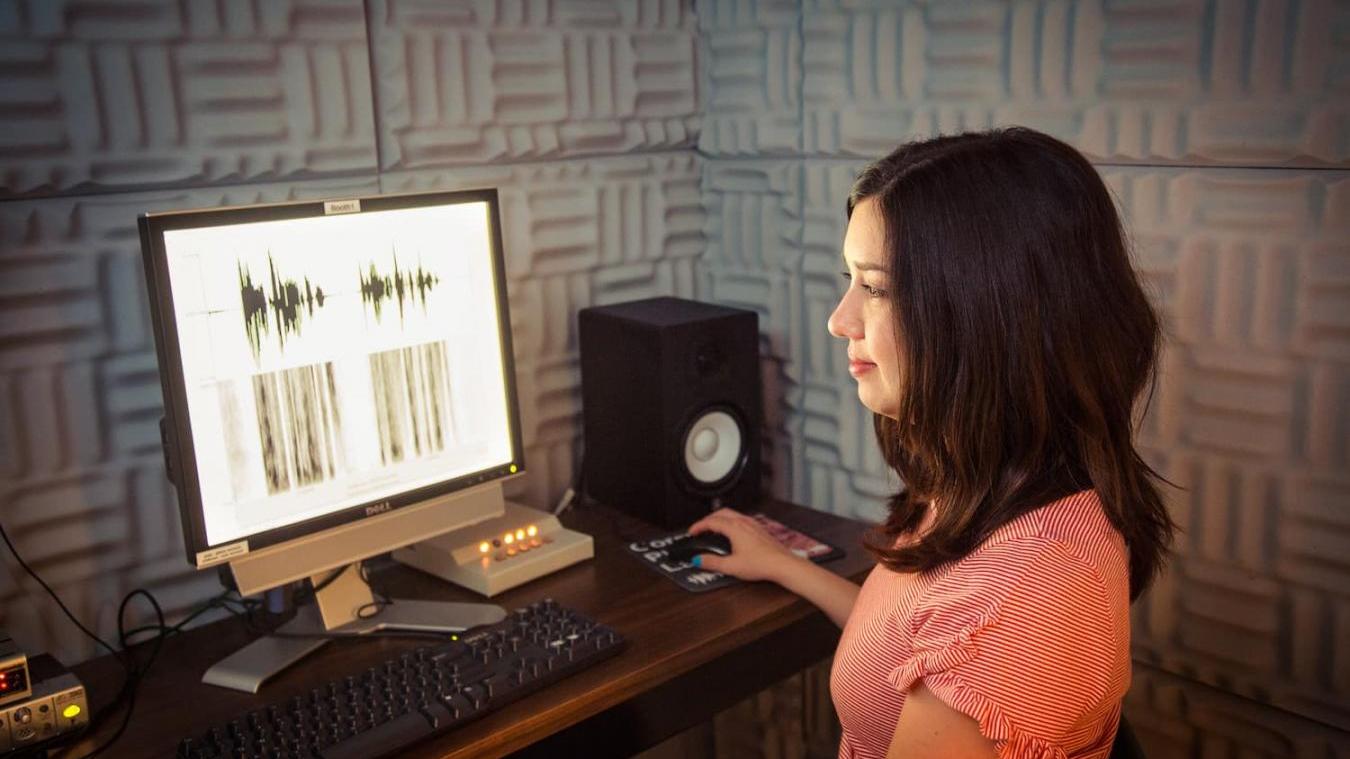
Linguistics, the systematic study of human language, lies at the crossroads of the humanities and the social sciences, drawing on a special combination of intuition and rigor that the analysis of language demands.

Charlotte Logan, Ph.D. '25, Accepts Provost Postdoctoral Fellowship at the University of Toronto
Read more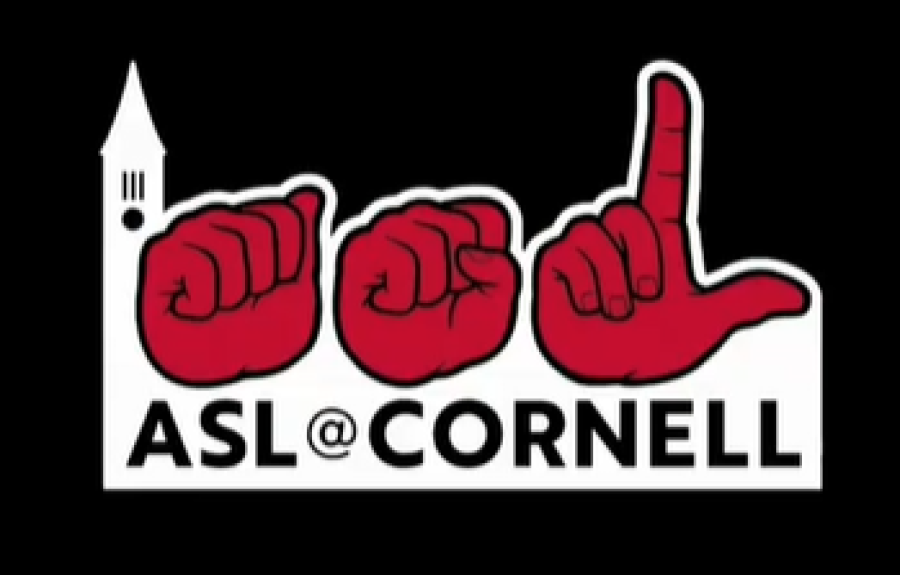
Student group ASL@Cornell places first in Cornell Lingua Mater 2025
Read more

The federal government ended a program that has funded Cornell's Southeast Asia Program and South Asia Program for decades.
Read more

Jean Frantz Blackall, a Cornell faculty member from 1958-94 who in 1971 became the first woman to receive tenure in what was then the Department of English, in the College of Arts and Sciences, died July 15 in Williamsburg, Virginia. She was 97.
Read more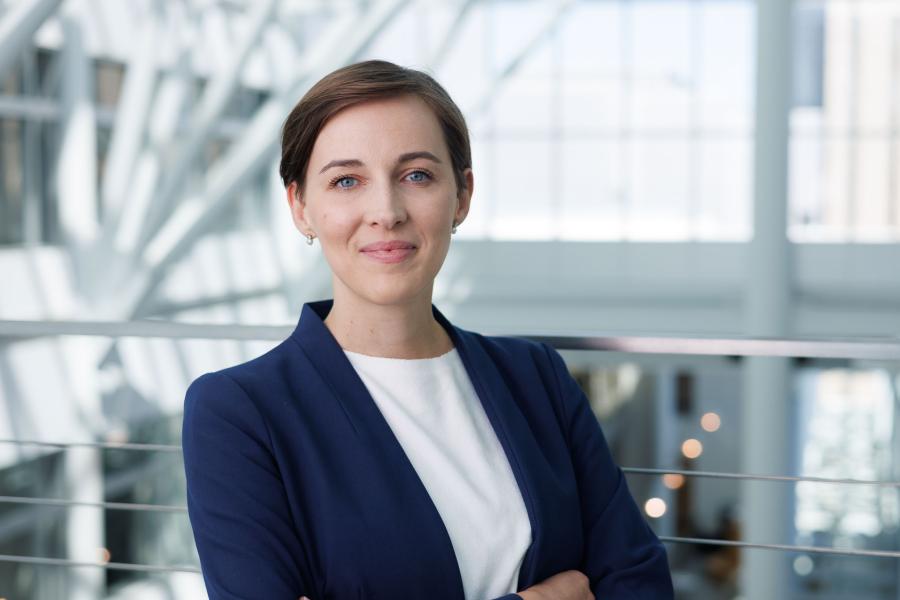

Ten students who participated in this summer's Nexus Scholars Program share their stories..
Read more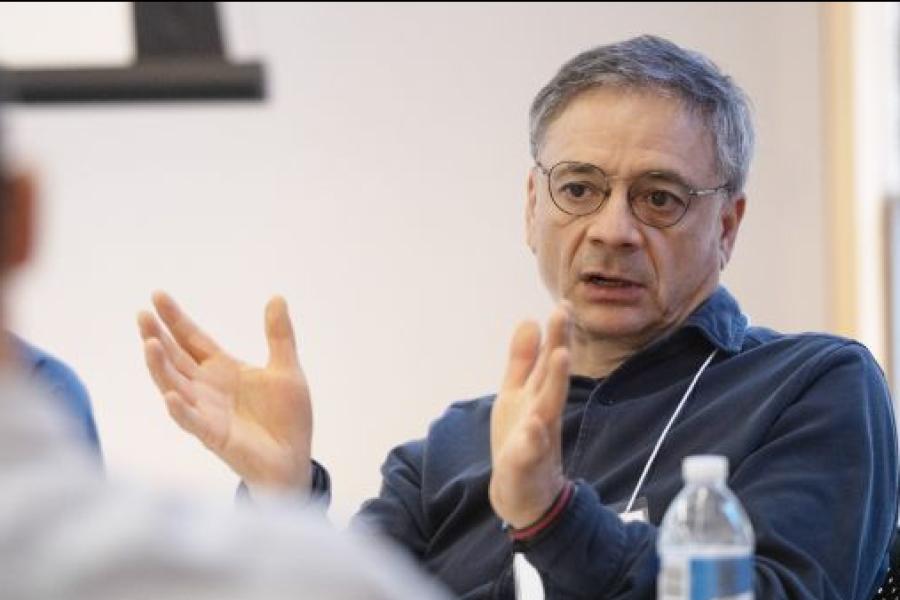

Linguist Marten van Schijndel co-led a session on “Responsible LLMs & Issues” at the summit.
Read more
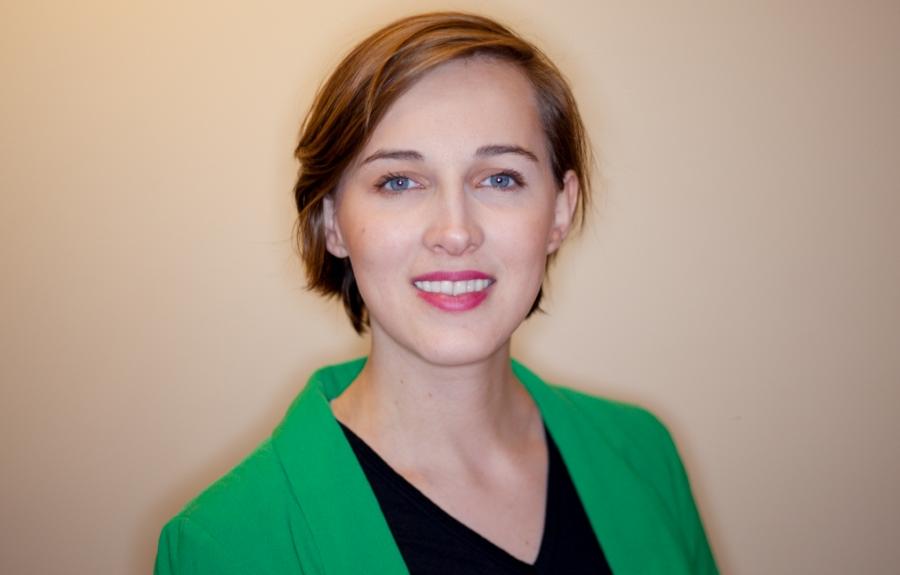
Milena Šereikaitė, a theoretical linguist specializing in syntax and morphology, will join the department as Assistant Professor in Fall 2025
Read more
Discover how language impacts the theory and practice of law. Topics include: origins of legal language, linguistics in the courtroom, plagiarism and language rights. This course also introduces areas of linguistics such as syntax, semantics, pragmatics and sociolinguistics, which explicate a wide range of legal matters where both spoken and written language come to fore.